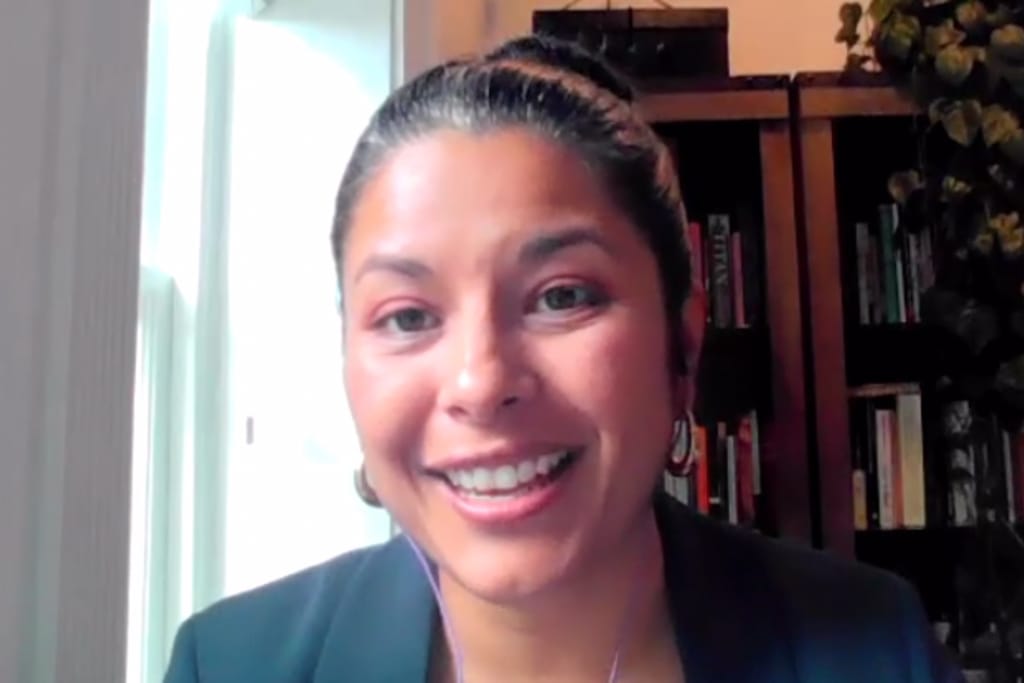Specific Mapping is Key to the ReConnect Application, USDA Says
The mapping tool in the ReConnect application process allows applicants to designate proposed routes.
David B. McGarry

WASHINGTON, September 1, 2022 – Applicants must meticulously report locations, methods, technologies for proposed fiber infrastructure projects to successfully navigate the environmental section of the ReConnect Program’s application, a panel from the Rural Utilities Service said Wednesday.
The mapping tool in the environmental section of ReConnect’s application process allows applicants to designate proposed cable routes, site locations, construction staging areas, and all other zones to be utilized in the deployment process. Applicants’ responses determine what documentation and environmental reviews must be subsequently completed.
According to RUS, a lack of locational specificity in submitted construction plans could cause the application system to request additional, unnecessary environmental reviews. For example, if a large area is marked off for fiber deployment instead of a single, narrow route, the applicant must submit relevant environmental documentation for entire zone – regardless of where fiber cables are eventually installed. Completing extraneous reviews will needlessly cost applicants time and resources.
Wednesday’s workshop was the latest in a series presented by RUS, a division of the United States Department of Agriculture, that guide prospective applicants through the complexities of the ReConnect application process. The application for ReConnect fourth round of funding will open Tuesday and close November 2, 2022.
ReConnect awards grants and loans for broadband deployment to rural areas that lack internet access at speeds of 100 Megabits per second (Mbps) download and 20 Mbps upload. Although funding for ReConnect existed prior to the Infrastructure Investment and Jobs Act, that law added new resources to the program. Eligible applicants include states, Indian Tribes, corporations, and cooperatives.
To reach additional rural areas, the fourth round of funding – the second round of the year – waives the matching funds requirement for Alaska Native Corporations, Tribal Governments, certain low-income areas, and “projects proposing to provide service in socially vulnerable communities.”
ReConnect also requires applicants to enroll in the Federal Communications Commission’s Affordable Connectivity Program, which offers discounts of up to $30 per month on service bills.









Member discussion